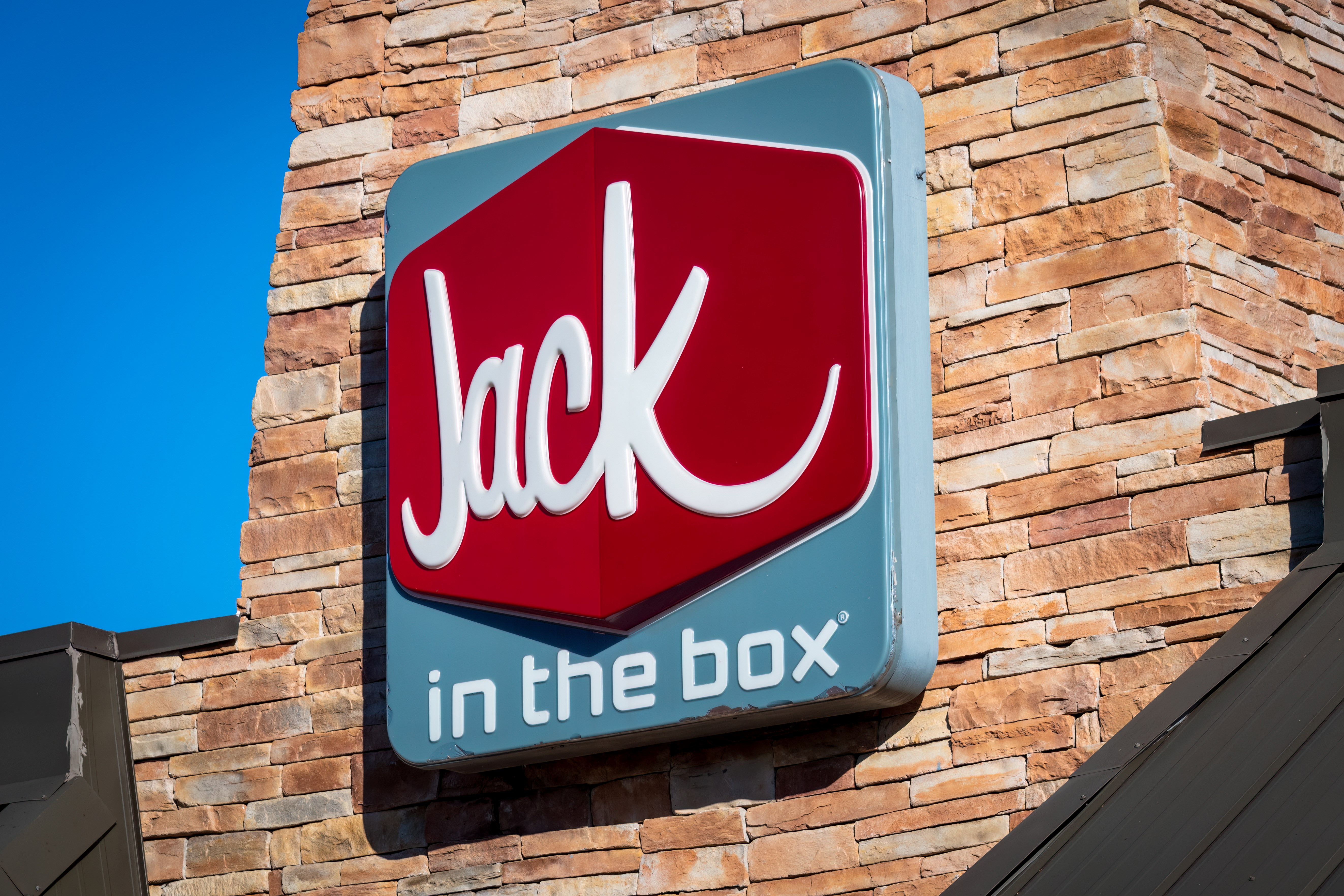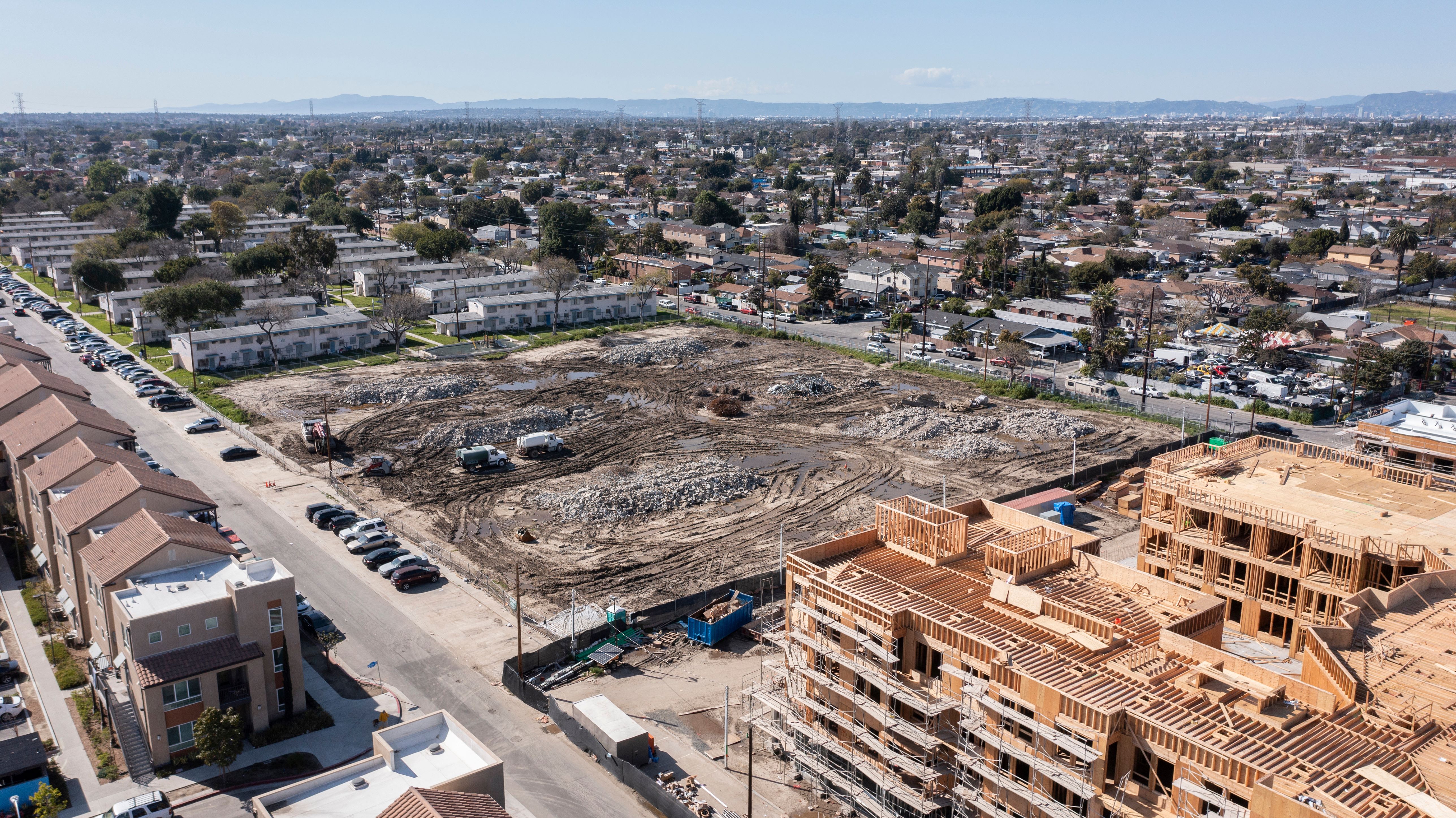"I Own a Property with Multiple Offers: Which Developer Do I Pick?"

Clients often ask me about the best way to handle multiple offers when selling their property. While this situation can be seen as a positive one, it still requires careful consideration and decision-making. When you own real estate, choosing the right developer is essential for unlocking your property's full potential. The decision you make can significantly impact whether your project becomes a successful venture or drags on without progress, leaving you feeling stuck. Here’s my guide on what to think about when selecting the ideal developer for your property:
1. Experience in the Area
When looking for a developer, it’s important to choose someone who knows the city well. This means they should understand local rules and zoning laws, as well as what the community really thinks about new projects. If they've worked on similar developments nearby, ask how those turned out and how they affected the neighborhood.
A good developer will have experience in your area, which helps them make smart choices about the kinds of businesses that would thrive there. They’ll know what people like to shop and how much they’re willing to spend. This knowledge is crucial for making sure your property attracts the right tenants and stands out in the market.
Bonus: A top developer will have a direct line and great rapport with a Mayor or City Manager who will help you and the developer “push the deal through”. Ask the city who they like to work with. An easy transaction will make the difference of closing 6 months earlier or more; or alternatively not closing at all.
2. Experience with Environmental or City Issues
In retail real estate, understanding environmental and municipal regulations is critical, especially when dealing with older properties or locations that may have specific zoning or environmental restrictions. Developers with experience managing properties with complex environmental histories, such as former gas station sites dry cleaners or locations requiring remediation, will be better equipped to handle these challenges.
Additionally, developers who are well-versed in city issues, such as transportation planning, parking requirements, and public utilities, can help navigate municipal regulations more effectively. They can also anticipate and resolve potential roadblocks with local authorities, saving time and reducing project risk. Always inquire about a developer’s history in dealing with environmental or city-specific hurdles and request references from similar projects.
Bonus: I recently had a deal that we had to work with CalTrans (California Department of Transportation) to get a curb cut off a State Highway. This particular developer got it approved a lot quicker than I had ever seen before. I will definitely go to them again on any CalTrans properties.
3. Developer's Track Record with Suitable Tenants
A successful retail property isn’t just about the location, it’s about who occupies it. The developer’s existing relationships with well-known brands, anchor tenants, or desirable boutique retailers can significantly influence the success of your property. When evaluating a developer, consider their history of leasing to retail tenants that will be suitable for your site.
For instance, if your property is on hard corner along the freeway; you’ll want a developer who has strong connections with gas station and drive thru operators. Developers with established relationships can often expedite lease agreements, secure favorable terms, and create a well-balanced tenant mix that draws consistent foot traffic.
Bonus: A great developer will also have a fairly templatized lease that they can move through the lease stage. A great developer will also know where the tenants are looking and can get a very quick response from the tenant before they are even in contract.
Added Bonus: If the developer is a preferred developer for a particular tenant that is an easy decision or alternatively if they have multiple transactions they are currently working on together.
4. Reputation and References
The real estate industry thrives on relationships and reputation. A developer's reputation will tell you a lot about their business practices, reliability, and ability to deliver on promises. Look for developers who are transparent, have a history of delivering projects on time, and maintain good relationships with previous clients, tenants, and local authorities.
Request references from their past projects, and don't hesitate to speak directly with other property owners who have worked with the developer. Find out if they faced any unexpected challenges and how they were resolved. If possible, visit other properties developed by the company to get a sense of their work quality and maintenance standards.
5. Understanding Market Trends
An ideal developer doesn’t just follow market trends; they anticipate them. This ability to foresee shifts in consumer behavior, technology, and retail preferences can give your property a competitive edge. A developer who understands the rise of experiential retail, omni-channel shopping, or sustainable building practices can help future-proof your investment.
When assessing a developer’s capabilities, ask about their most recent projects and how they incorporated emerging trends. A forward-thinking developer will be able to suggest design elements, tenant types, or services that can help your property stand out in a crowded market.
6. Financial Stability and Transparency
Any developer you consider should have a proven track record of financial stability. Real estate development is capital-intensive, and you want to ensure your partner can manage finances throughout the project without risking delays or cuts to quality. During your evaluation, review their financial statements, seek out recent projects, and inquire about how they financed similar developments.
Moreover, transparency throughout the process is critical. Ensure you work with a developer who is open about costs, timelines, and potential issues. Clear communication can prevent misunderstandings and help address any unforeseen challenges that may arise.
Bonus: Make sure to check where the money is coming from! Look at their financials or alternatively their equity partner.
Conclusion
Choosing the right developer for your retail real estate is super important and can really shape how successful your property will be in the future. It's crucial to find developers who know the local area well, have a solid history of handling environmental or city-related issues, and maintain good relationships with top tenants. Plus, they should be aware of new trends that could benefit your property.
By taking the time to carefully choose the right partner, you’ll help make sure your property attracts great tenants, does well in the community, and brings you steady returns on your investment. And remember, I'm here along with Alpha Real Estate Advisors to support you through every step of this process so you can achieve the best possible results!
Related posts
You may also find these articles interesting








